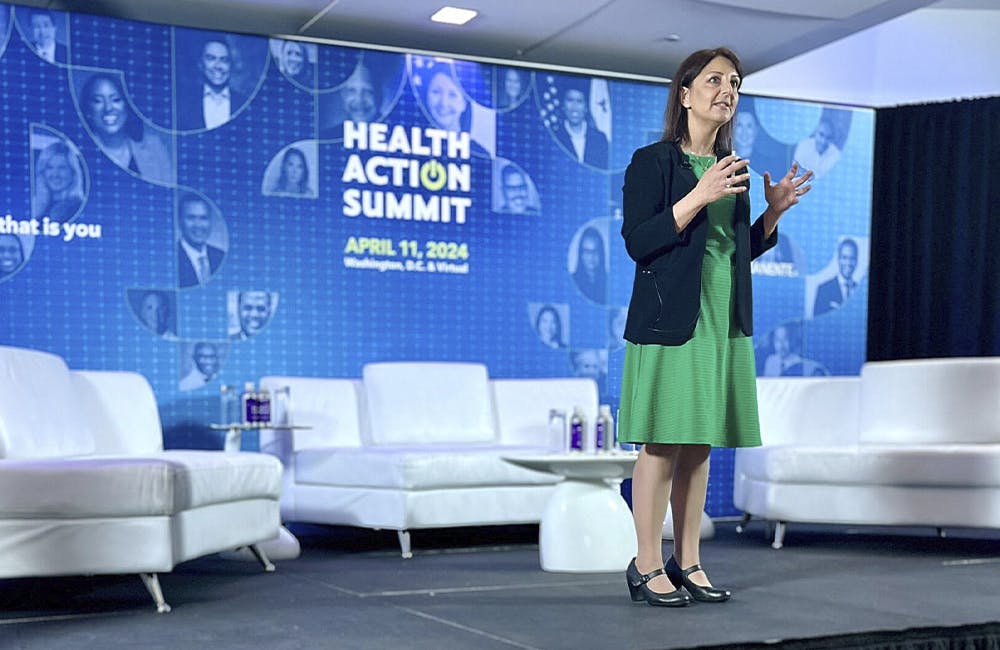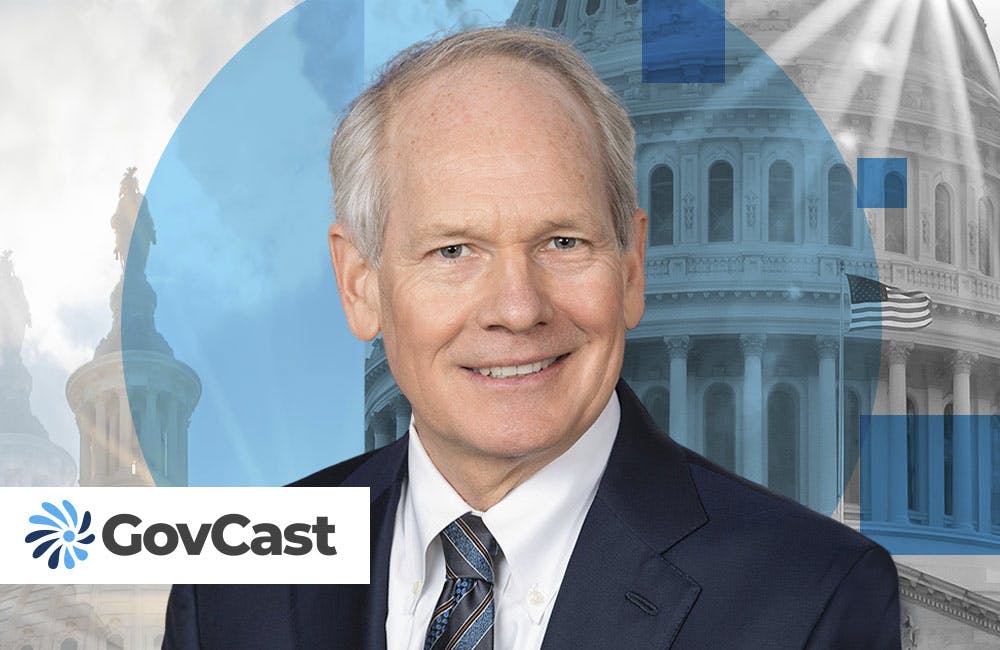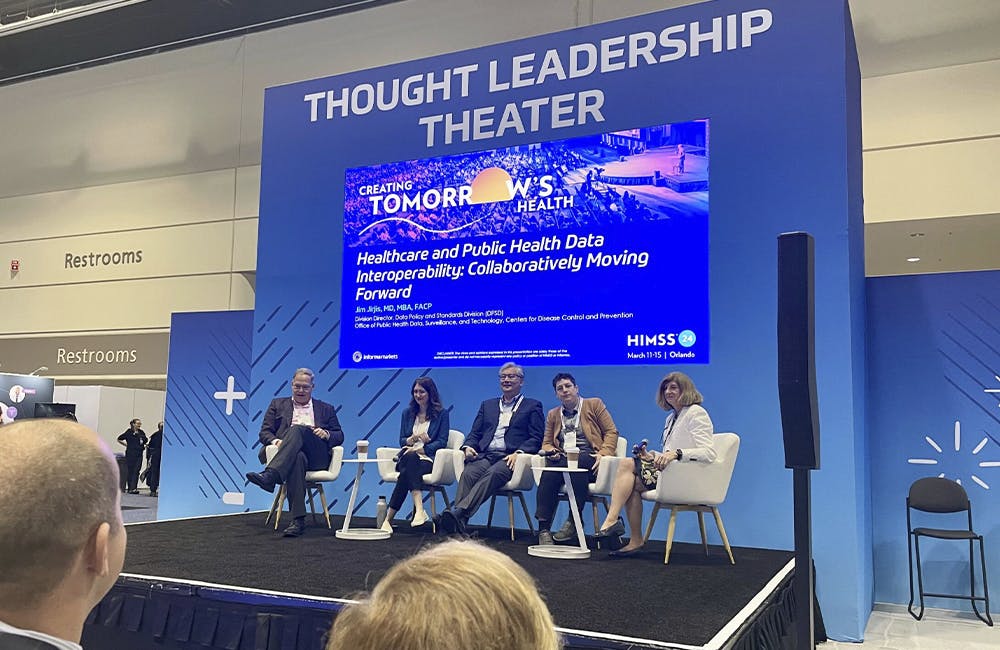White House, Industry Launch Supercomputing Consortium to Advance COVID-19 Research
The collaborative effort combines the compute-power of multiple systems to progress worldwide, scientific discovery.

The White House Office of Science and Technology Policy, IBM and the Department of Energy launched a new effort to accelerate worldwide coronavirus knowledge using supercomputers across the U.S.
“America is coming together to fight COVID-19, and that means unleashing the full capacity of our world-class supercomputers to rapidly advance scientific research for treatments and a vaccine,” Federal CTO Michael Kratsios said in a press release.
Called the COVID-19 High Performance Computing Consortium, the public-private partnership effort will aggregate portions of 16 supercomputer systems from the federal government, private industry and academia to empower researchers interested in contributing to the coronavirus discovery process.
“On the scientific front, what we need to do is accelerate the process of discovery to find new therapies and ultimately, a vaccine,” IBM Research Director Dario Gil told CNBC.
Because there is a great sense of urgency to conduct this work, Gil said, the goal is that this collaborative and cooperative approach will help effectively mobilize communities against the pandemic.
Specifically, by harnessing the combined power of supercomputers, the time it will take researchers to answer unsolved questions in computational research areas for the virus — such as bioinformatics, epidemiology and molecular modeling — will decrease dramatically, from what would traditionally take a matter of months using standard computational methods or hand-processes, to days or hours.
Modeling and simulation capabilities can also be further enhanced using machine learning to understand different facets of COVID-19, such as how the virus mutates and evolves, conducting comparison analyses between other viruses and searching for potential vaccine and drug-therapy compounds.
Gil highlighted that recently, the world’s fastest supercomputer, IBM Summit, was used to screen 8,000 different molecular compounds that could possibly bind to the main spike protein of the coronavirus used to infect host cells.
With the help of the supercomputer, researchers from the Department of Energy’s Oak Ridge National Laboratory and the University of Tennessee discovered 77 potential compounds that could be used in further tests for potential therapies and vaccines to block this process.
Although the results aren’t a cure, they are essential to progressing knowledge and pursuing future work that may eventually lead to one, Gil said.
Researchers who are interested in working with the consortium are able to submit their research proposals through the consortium’s online portal. They will be reviewed and assessed by top scientists of their potential public health benefits, who can also match the researcher with one of the partner institutions to allocate the proper computing capability needed.
Consortium partners include the National Science Foundation, NASA, Microsoft, Amazon Web Services, Google Cloud, Department of Energy National Laboratories, Massachusetts Institute of Technology and more; while the coalesced computing capability of these systems is 775,000 CPU cores and 34,000 GPUs.
This is a carousel with manually rotating slides. Use Next and Previous buttons to navigate or jump to a slide with the slide dots
-

CDC Updates Public Health Data Strategy
Accelerating data sharing through capabilities like electronic case reporting make up a large portion of the new two-year plan.
3m read -

How VA is Using Digital Services to Expand Care to Veterans
CIO Kurt DelBene says the the agency’s 2024 priorities included AI adoption, hiring and a better user experience for veterans.
30m listen -

How AI, Digital Transformation in Health Care Compare Around the World
HHS and EU officials contrasted the different frameworks for emerging technology and the challenges that remain.
4m read -

Health Agencies Tout Standards in Data Sharing, Interoperability
Officials from CMS, ONC and HHS spoke about data standards and how to help smaller health organizations make modernization progress.
3m read







